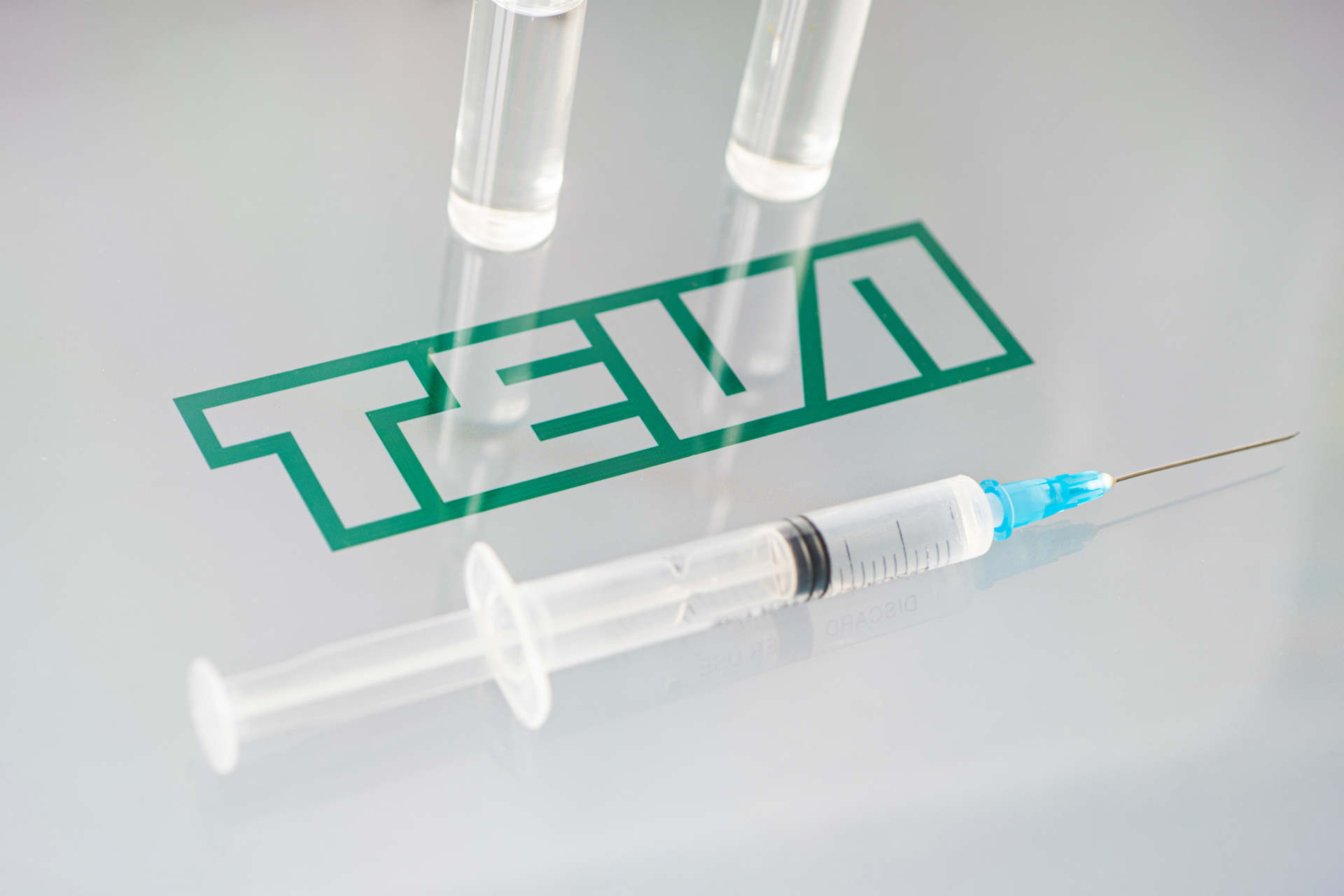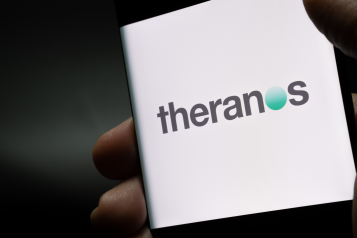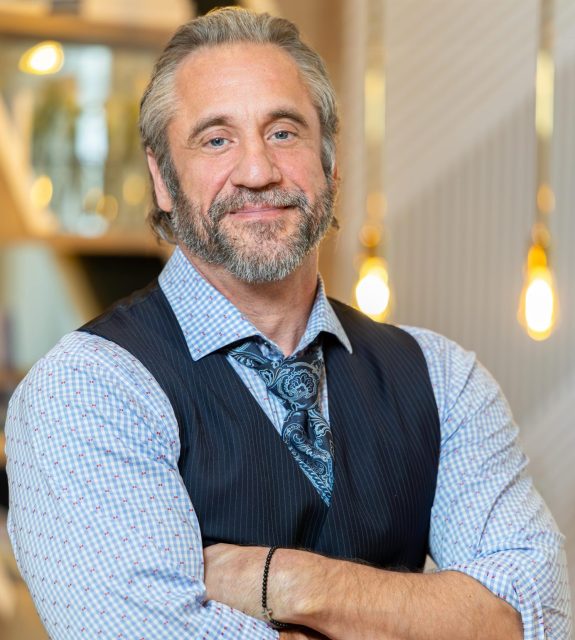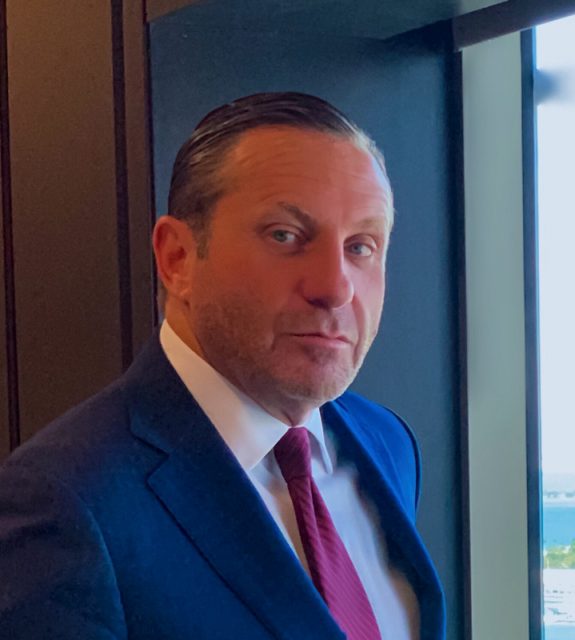A New York state jury found Thursday that Teva Pharmaceutical Industries propelled opioid addiction across The Empire State, a devastating loss for a company still reeling as they face thousands of other opioid-related lawsuits around the U.S.

The verdict came after more than eight days of jury deliberation, following an already exhaustive six-month New York state court trial. Damages were not included for the plaintiffs — New York state, and both Nassau and Suffolk counties — as they will be determined at a later date.
The plaintiffs alleged the Israel-based drugmaker deployed misleading marketing and advertisements that fueled opioid addiction, including pushing drugs for off-label use.
The suit focused on two cancer pain drugs specifically, Actiq and Fentora, as well as other generic opioids Teva sold.
Teva denied engaging in deceptive marketing and argued that it always complied with both federal and state regulations.
The judge is still considering a request for mistrial by Teva after a lawyer for the state cited inaccurate data about opioid prescriptions during his closing argument. If the verdict does stand however, it could place a large amount of pressure on Teva to reach a nationwide settlement over the opioid claims.
Teva credited the explosive surge in opioid prescriptions and deaths to a change in medical standards of care emphasizing pain treatment rather than healing beginning in the 1990s.
U.S. officials have stated that by 2019, the health crisis had led to almost 500,000 opioid overdose deaths over those two decades. More than 100,000 people died from drug overdoses between April 2020 and April 2021 alone, the U.S. Centers for Disease Control and Prevention said in a November report, with those figures largely driven by deaths from opioids like fentanyl.
The New York lawsuit is one of more than 3,300 filed by state, local and Native American tribal governments across the nation accusing drugmakers of minimizing the addictiveness of opioid pain medicines, and distributors and pharmacies of neglecting to recognize red flags that they were being diverted into illegal channels.
A litany of defendants in the case settled before or during the trial: Johnson & Johnson, Cardinal Health, McKesson Corp, AmerisourceBergen, Endo International and AbbVie. AbbVie’s settlement came on the day of closing arguments, ultimately agreeing to a $200 million deal.
Teva was previously victorious in a similar case when a California judge ruled in November that it and other drugmakers were not liable in a lawsuit brought by several counties in The Golden State.
Read more articles from Haute Lawyer, visit https://hauteliving.com/hautelawyer


















